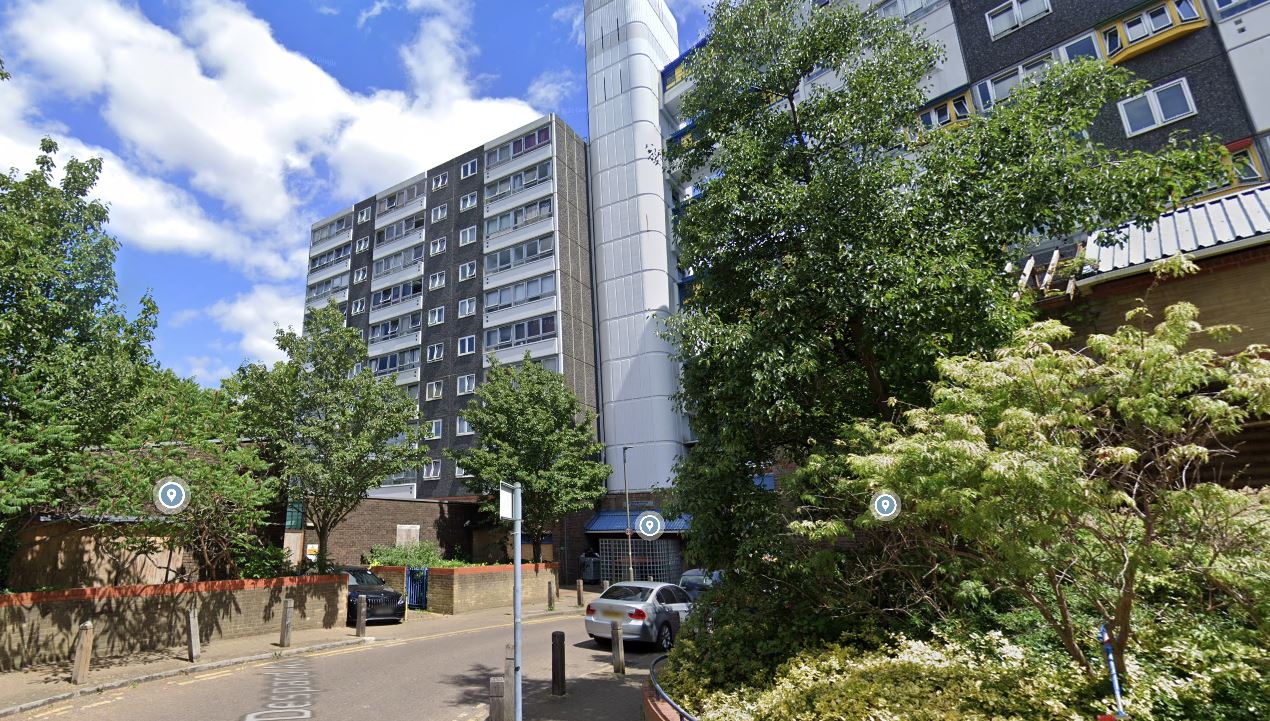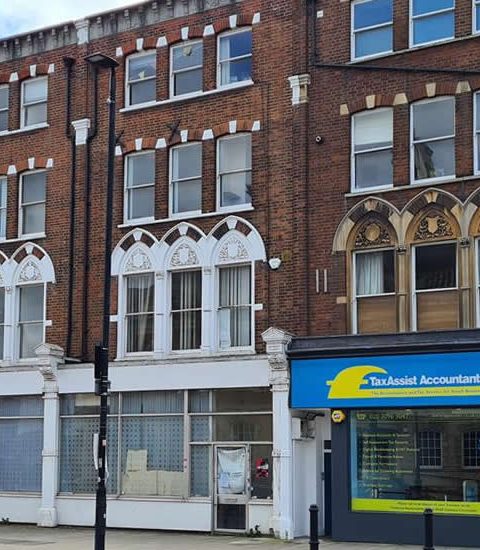To meet the increasing demand for larger homes due to changing work patterns, the Council plans to adjust its policy by permitting intermediate home applications for one extra bedroom beyond current household requirements.
For most of us, there was a time before COVID and a time after COVID. One of the most visible impacts of the pandemic, which halted many activities on Earth in 2020-21, has been the rapid spread and development of new ways of working, especially remote working. Many countries with limited remote work before 2020 have embraced the trend, at least for office jobs.
However, for people working from home, one of the essential requirements is to have enough space. In a city like London, for the majority of people, this is really challenging. While people in the private property sector have a choice of accommodation (depending, of course, on their financial ability), affordable housing tenants have been subject to restrictions based on the size of their household.
The Council is amending the affordable housing criteria for more flexibility
Social housing can be directly provided by local authorities (councils) or housing associations. These non-profit companies play a crucial role in addressing the UK’s housing shortage and ensuring that vulnerable and low-income individuals and families have access to safe and affordable homes.
These housing associations receive government funding and support to provide social and affordable housing. They offer a wide range of housing options, including rented homes, shared ownership, and affordable purchase programs. The eligibility criteria for social housing can vary, but it is often prioritized for those in the greatest need, such as those on low incomes or facing homelessness.
According to the last Housing Committee, in September 2023, housing associations are seeing more and more applicants looking for homes larger than what they actually need. This change was due to shifts in how people work, with many now working from home, especially after the pandemic.
The Greater London Authority (GLA) had recently updated its policy, allowing people to apply for homes of any size they desired. However, the local council had a limited number of larger homes.
The new proposal, presented to Wandsworth Housing Committee, was to change the local policy to only allow applications for intermediate homes that were one bedroom larger than what a household currently needed. This way, the few three-bedroom homes that were built would still be reserved for families with children.
Housing has been a key policy of Labour since they took control of Wandsworth Council in May 2022. During their first year in office, they reversed some of the key elements impacting social tenants under the Conservatives.
In September 2022, they announced that they were reintroducing lifetime tenancies for social housing tenants. The possibility was offered since the Conservatives government decided not to enforce the Housing Bill 2016, which requested short fixed-term contracts for Council tenants. In practice, the policy rarely hindered tenants’ ability to resign, but it created insecurity, stress, and was excessively bureaucratic.
In November 2022, they also said they would stop the sale of council units to preserve homes with gardens and ground floors for families and disabled people. This move aims to benefit families who are currently on the waiting list.
Aydin Dikerdem, Cabinet Member for Housing, said:
“This important change means that the council will hold on to quality, larger houses with gardens or ground floor access, which typically meets the needs of larger families, or individuals with specific health requirements.”
Under the previous policy, the council would sell off homes, known as ‘acquired properties,’ and use the money raised to buy other properties. The homes sold were typically larger homes with four or more bedrooms and garden access, and these would generally be replaced with flats.
At the end of September 2022, temporary accommodation stood at 3,460 placements, and unfortunately, the overall supply of accommodation becoming available for letting per month was 396 properties behind forecast.
Aydin Dikerdem added:
“If we just go to sell things because they’re valuable then we’re destroying an asset base for future generations – future generations that may need these properties, that we know need these properties because we know what the waiting list looks like.”
Conservatives wanted social tenants to downsize and move to smaller units
The result of the 2010 general elections, with a Conservatives-Lib Dems coalition in government, unleashed an unprecedented wave of economic drive with a series of strong attacks on social spending.
In August 2010, David Cameron announced a plan to end lifetime council tenancies and replace them with fixed terms lasting as little as five years. The new policy would also require regular reviews of tenancies to see if the council tenant still needed such a large property, had any extra spare room, and could be forced to downsize or had sufficient income to shift to the private sector.
But the plan to end lifetime council tenancies was never implemented under the coalition. Instead, the government gave local councils the power to set their own tenancy limits. As for the Right to Buy scheme set up under Margaret Thatcher’s government, Wandsworth Council was an early adopter. Since 2012, Wandsworth Council had a policy of not providing lifetime tenancies. Instead, they offered initial tenancies that were flexible and fixed-term, lasting for 10 years, and any subsequent tenancy offers were for a duration of five years. Social landlords had the discretion to follow the same rules for new tenants.
It’s only in 2015, when the Conservatives won an overall majority, that the government introduced new clauses aimed at phasing out lifetime tenancies in an amendment to the Housing and Planning Bill 2016. Councils were forced to offer all new tenants fixed-term contracts ranging from two to five years and to evaluate the tenant’s situation once the contract expires.
For many years, in addition to the Right to Buy that allowed Council tenants to purchase their home and was quickly reducing the number of social housing in Wandsworth, the Council used receipts from empty Council home sales to acquire cheaper market homes. This led to 35 extra homes being bought between 2015 and 2022 but to the replacement of houses with flats – often in more deprived areas – which could be particularly inappropriate for large families, children who would benefit from a garden and disabled tenants aiming at ground floor properties.
At the November 2022 Housing Committee it was noted that the policy pursued by the Conservative administration in Wandsworth resulted in a loss of housing mix in some areas and resident cleansing.
Update: 09/11/2023: The article was amended to correct the error on the permission to apply for more rooms than a current household needs. It relates to intermediate housing, not to social housing.
Wandsworth Director of Housing and Regeneration explained that the existing, locally set policy on allocation of intermediate homes developed in the Borough had been in place for some years and only allowed households to purchase / let properties that matched their housing needs (i.e. a single person or couple with no dependents would only be put forward for a one bedroom property).
The Council still only had a limited number of larger properties, so the proposal was for the local policy to only permit applications for properties one bedroom size larger than a household’s current housing needs, meaning the small number of three-bedroom properties that were built would still be ring-fenced for families with children.
The report says specifically:
“It is therefore recommended that households are permitted to buy or let intermediate housing one bedroom size above their housing need, which will be more reflective of current market conditions and also bring the Council’s policies more aligned with current regional policy.”

















Cyril great article so 1 person can now apply for a 2 bed four person flat because they can’t work out of their living room is that it? And we wonder why there is a housing crisis
This is actually regarding intermediate housing (but falls under affordable). I am amending the article to be more accurate. The Housing Committee report still says:
“it is still considered that family sized households should still be prioritised for larger family sized dwellings”
A little flexibility does not seem a bad thing, does it? I assume it is more for families with 2+ kids and 2 bedrooms currently I assume. (Thanks for pointing out BTW)